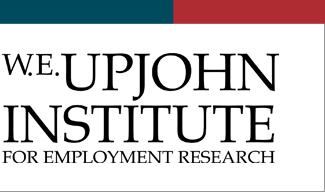Title
The Effects of Pre-K Access and Quality on Social Inequality
Project Dates
07/01/2014 -
Description
The effects of state and local government funded pre-K programs on racial and income inequality will be studied. How the effects vary with whether pre-K is targeted on the poor or is more universal will be estimated. How the effects vary with pre-K program quality and whether or not expansion of high-quality pre-K would significantly reduce economic and social inequality across different races and income groups will also be examined. This study will go beyond previous research by considering all states and by adding relevance and increasing precision of estimation. Secondly, it includes measures, not only of the overall probability of a 4-year-old being in a pre-K program, but also of how that probability varies by income, race, or school composition of low-income students. Finally, this study explores how state pre-K effects vary not only with the incidence of the program across various groups but also with different measures for program quality.
Sponsorship
Russell Sage Foundation
Note
RSF Project #83-14-20
Subject Area
EDUCATION; Early childhood


Publications
Pre-K in the Public Schools: Evidence from within U.S. States, Bartik, Hershbein. Upjohn Institute Working Paper No. 18-285 (2018)
Pre-K Effectiveness at a Large Scale , Bartik, Hershbein, Upjohn Institute Policy Brief (2018)
Returns to Large-Scale Public School Pre-K Programs: Evidence from Within All States , Bartik, Hershbein (2017)
Pre-K in the Public Schools: Evidence from Within All States, Bartik, Hershbein (2017)